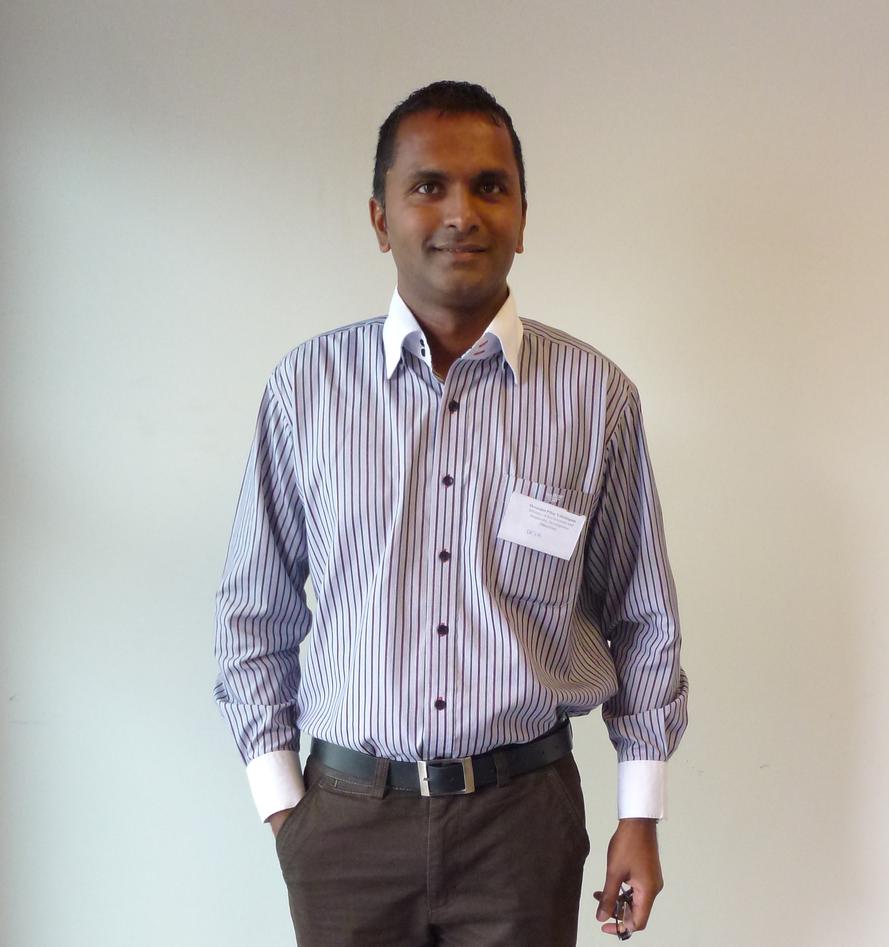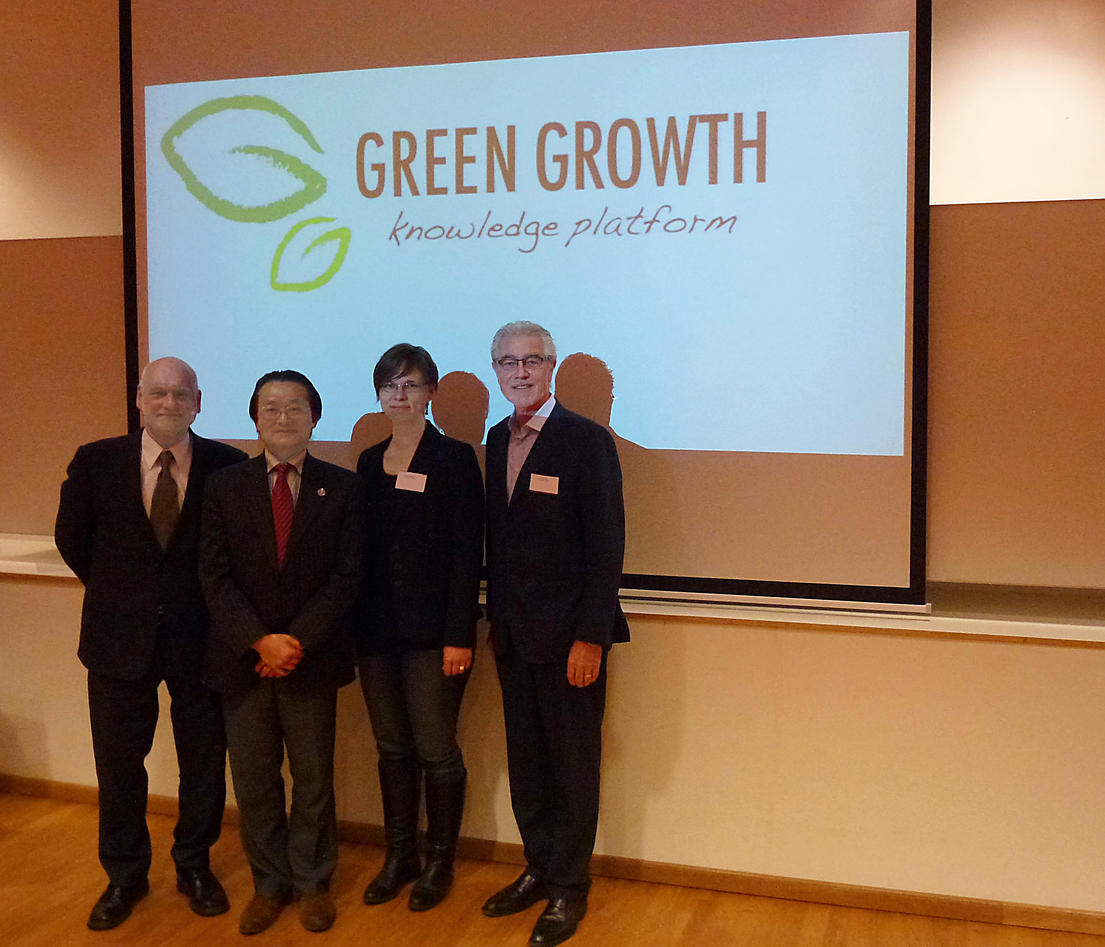Workshop on Modeling a Green Economy
How do we plan for a comprehensive green economy using modeling and simulation?

Hovedinnhold
The workshop, titled “Modelling an Inclusive Green Economy”, was hosted by the System Dynamics Group, Department of Geography, University of Bergen, in collaboration between the United Nations Environment Programme (UNEP), the Millennium Institute (MI).
The Rio+20 Conference acknowledges the development of a greener economy as one of the important ways one may achieve sustainability across the globe. Among a variety of measures aiming at providing technical support to UN member states, quantitative modelling is recognised as an important means for assessing and comparing the environmental, social, and economic implications of alternative policy options.
Modellers, policy designer, and students from a wide variety of national and international public organizations took part in the workshop. Opportunities and challenges related to the modelling of policy options and their consequences were discussed. In the workshop a wide variety of such applications were presented. The lively exchange demonstrated how modeling may support policy desginers and decision makers in their pursuit of a sustainable, greener economy. One of the participants, Dr. Devarajen Pillay Vithilingum, Environmental Officer at Ministry of Environment and Sustainable Development in Mauritius, states that;
- My country face major environmental challenges, - for instance the rise of sea level and associated land slides. The conference has provided me with new knowledge about assessing the consequences of such impacts and ways to address these challenges that I will bring back to the Ministry.
The University of Bergen would like to thank UNEP and MI and all the participants for making this a truely international, important, successful and inspiring conference.
For more information:

